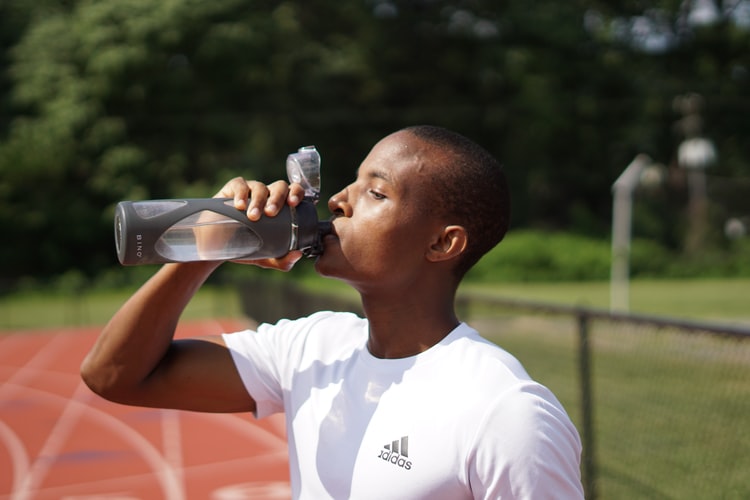Drinking Too Much Water Can Lead to Problems
Water is known for it's benefits in keeping your body hydrated but summer athletes have something to say about drinking too much of it.
Author:Paolo ReynaJan 22, 20214.1K Shares697.4K Views

We know that it is necessary to drink enough water to replace the fluid lost by sweating during intense workouts in order to prevent dehydration. With the selling of bottled water and sports drinks on the rise, it is easy to find beverages just about everywhere there are food items.
Many of us were brought up on the idea that drinking large amounts of water is safe and the more the better especially when exercising in hot, humid conditions.
This thinking is generally correct. Many of us do need to hydrate ourselves sufficiently during intense, long-term exercise. However a new problem is on the rise and it results from drinking too much water during exercise. The problem is a condition known as hyponatremia which results from having a too low concentration of sodium in our blood.
Hyponatremia
Hyponatremia happens when the sodium content in the blood is too low (less than 135 milliequivalents per liter). Symptoms of hyponatremia include issues with the nervous system, such as tiredness, lethargy, confusion, irritability, seizures and coma.
According to a report in the Archives of Pathology and Laboratory Medicine (1) that looked at the causes of marathon runner collapse in the 2003 Boston Marathon, it was found that a large number of runners had hyponatremia. Hyponatremia tends to be more common in slower marathon runners who finish races in more than 4 hours and others who use hyperhydration techniques before events.
Hyponatremia is difficult to diagnose without testing the sodium levels in the blood since the signs are close to dehydration. It is very risky to give fluids to someone with hyponatremia, because it could cause brain swelling and even death. Other indicators of too much water consumption showed a weight gain of more than 1 kilogram associated with a water intake of more than 3 liters.
The researchers recommended limiting water intake during a marathon to between 400-800 ml per hour. These recommendations could also be applied to other forms of vigorous exercise such as bicycling, hiking or dancing. Another recommendation from the American College of Sports Medicine is to drink fluids at regular intervals rather than at one time and consume salty snacks to replace lost sodium.
Hyponatremia can be a very dangerous problem and is counterintuitive to our belief about drinking lots of fluids during extreme exercise. In the coming summer months it is important for athletes, trainers and coaches to be aware of this problem in order to avoid serious consequences.
Jump to

Paolo Reyna
Author
Paolo Reyna is a writer and storyteller with a wide range of interests. He graduated from New York University with a Bachelor of Arts in Journalism and Media Studies.
Paolo enjoys writing about celebrity culture, gaming, visual arts, and events. He has a keen eye for trends in popular culture and an enthusiasm for exploring new ideas. Paolo's writing aims to inform and entertain while providing fresh perspectives on the topics that interest him most.
In his free time, he loves to travel, watch films, read books, and socialize with friends.
Latest Articles
Popular Articles